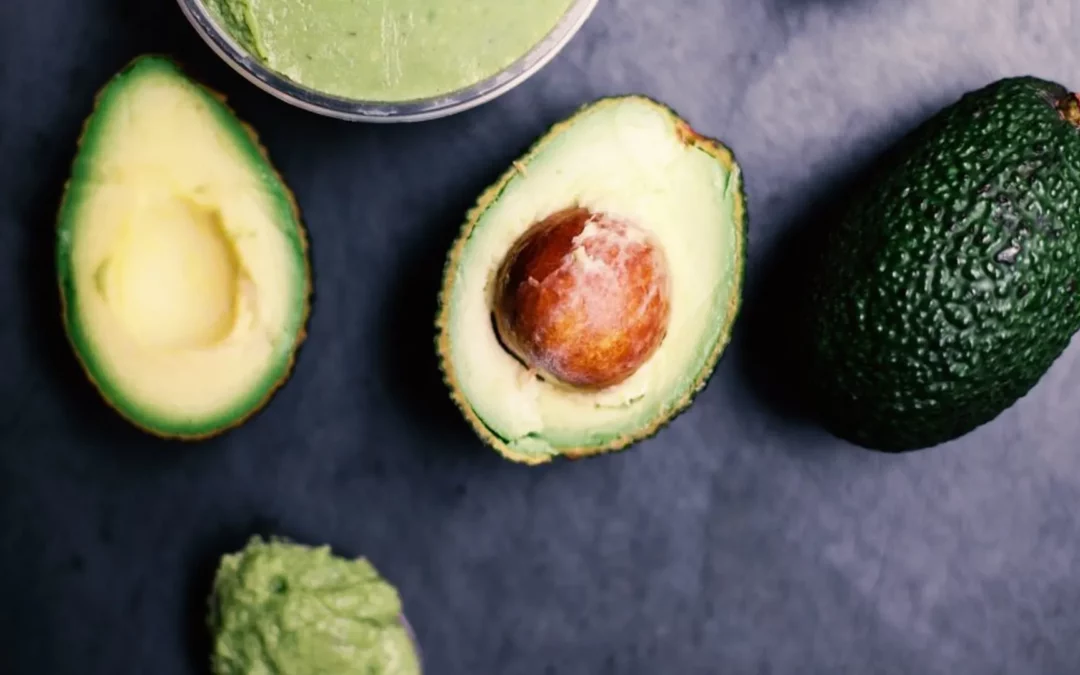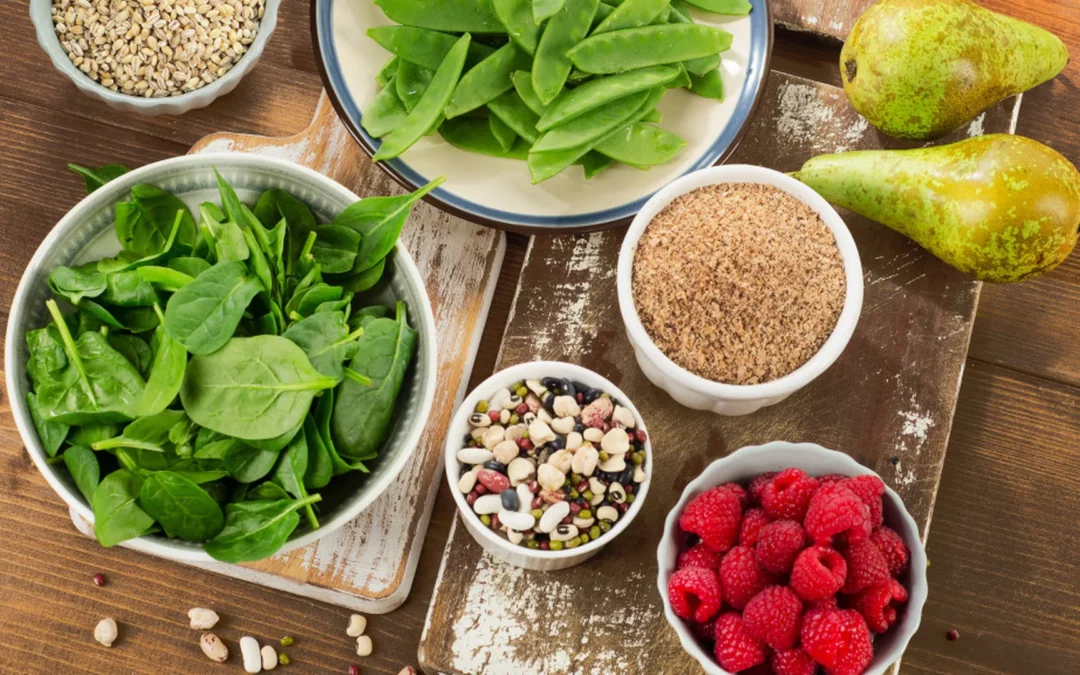
by Audra Starkey | Nov 8, 2017 | HSW, Nutrition, Podcast
Healthy Shift Worker Podcast: This week I had the absolute pleasure of interviewing one of the leading experts on gut health, Dr Jason Hawrelak who is a researcher, lecturer, naturopath, and nutritionist based in Hobart with over 17 years of clinical experience....

by Audra Starkey | Jun 10, 2017 | Nutrition, Recipes
This week I’m going to talk about one of my favourite shift working foods, that being the Avocado. Whilst I don’t believe there is any one-size-fits-all diet for shift workers, I certainly believe some foods are better than others, particularly for those...

by Audra Starkey | Jun 4, 2017 | Early shift, Late shift, Nutrition, Recipes
It was brekky on the deck this morning to soak up the winter warming rays of sunshine, before heading off to my local organic farmers markets. These little chia pots are great for breakfast (or anytime really), as chia seeds are loaded with fibre, protein, healthy...

by Audra Starkey | Jan 10, 2017 | Nutrition
There’s so much hype in the media at the moment about the importance of gut health and the benefits of probiotics, and rightly so given shift workers gastrointestinal systems are under a great deal of distress thanks to a lifestyle which encompasses continual...

by Audra Starkey | Jun 6, 2016 | Nutrition
Fibre – depending on which part of the world you’re from, you might refer to it as ‘fibre’ or ‘fiber’. Either way, however you spell or pronounce it, fibre forms an essential requirement of our diet – every single day. So...





